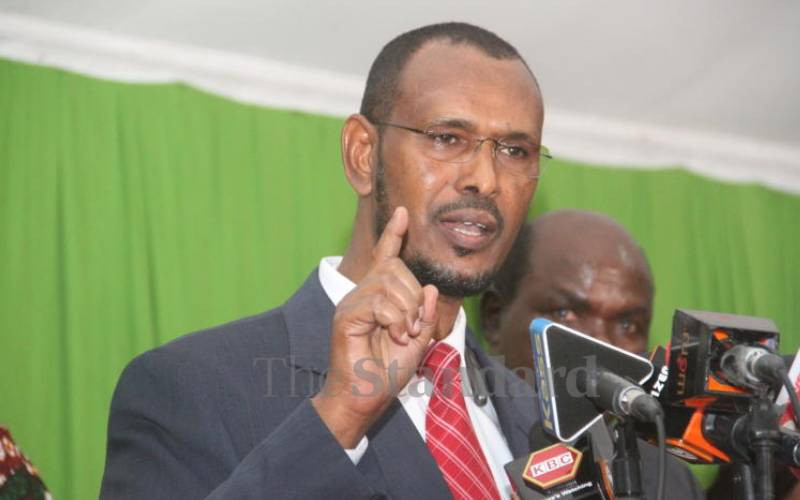×
The Standard e-Paper
Smart Minds Choose Us

Independent Electoral and Boundaries Commission (IEBC) has said they will use the digital register because the manual one is prone to misuse
IEBC commissioner Abdi Guliye said the commission arrived at the decision based on the Supreme Court judgment in 2017 to the effect that the primary register to be used in an election is the digital register.